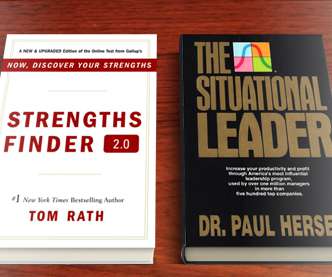Motivation in the Modern Workplace
The Center For Leadership Studies
NOVEMBER 14, 2022
Credentialed researchers have been investigating the topic of motivation in the workplace for quite a while (massive understatement!). Motivation/Hygiene Theory (Herzberg, 1966). The elements of work that resulted in job-related satisfaction ( motivators ). The Hierarchy of Needs (Maslow, 1954).













Let's personalize your content